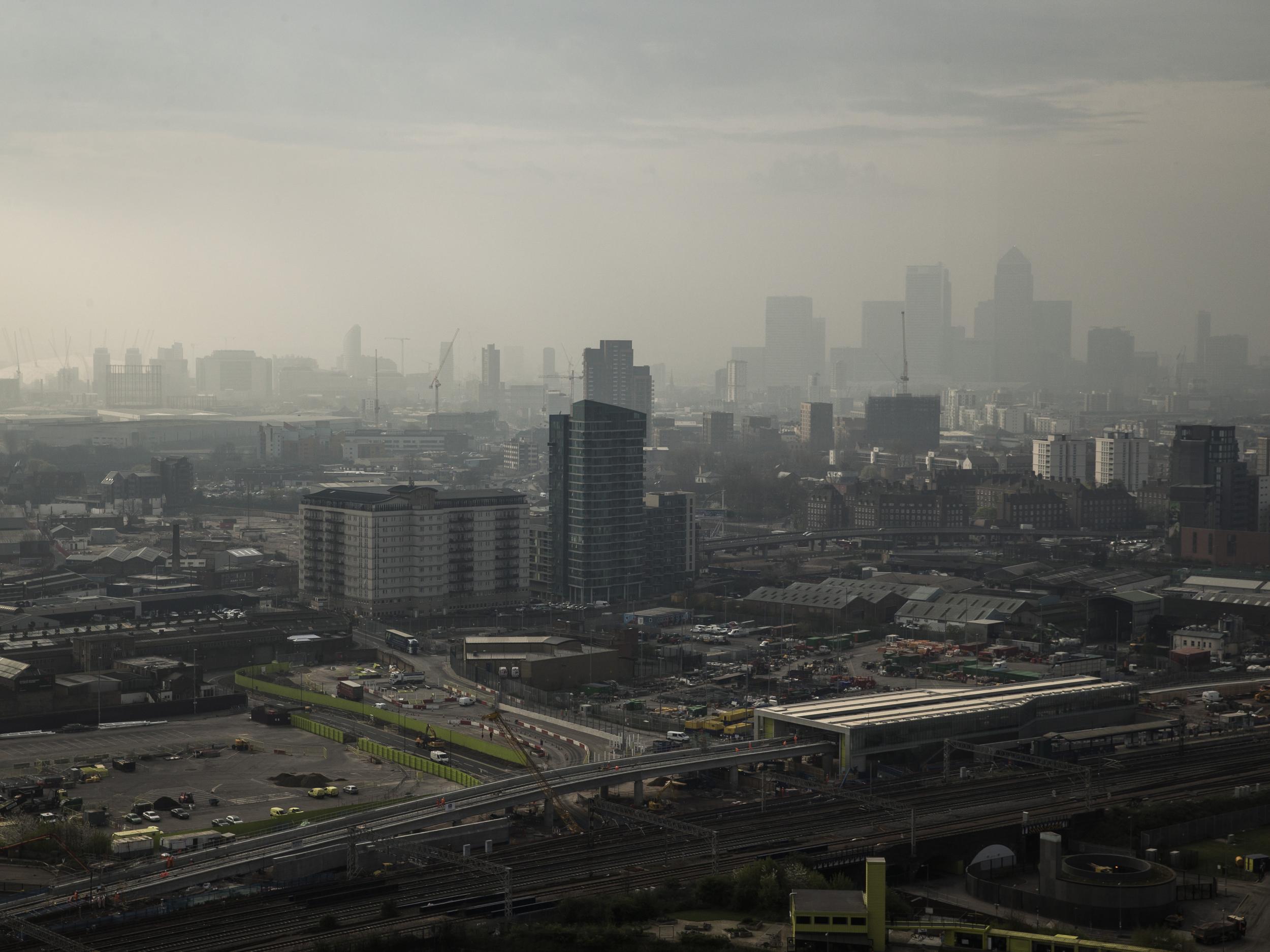Ford scrappage scheme: Drivers can get up to £7,000 off new vehicle if they trade in old polluting model
Company says the scheme will help reduce harmful levels of nitrogen dioxide in the UK

Your support helps us to tell the story
From reproductive rights to climate change to Big Tech, The Independent is on the ground when the story is developing. Whether it's investigating the financials of Elon Musk's pro-Trump PAC or producing our latest documentary, 'The A Word', which shines a light on the American women fighting for reproductive rights, we know how important it is to parse out the facts from the messaging.
At such a critical moment in US history, we need reporters on the ground. Your donation allows us to keep sending journalists to speak to both sides of the story.
The Independent is trusted by Americans across the entire political spectrum. And unlike many other quality news outlets, we choose not to lock Americans out of our reporting and analysis with paywalls. We believe quality journalism should be available to everyone, paid for by those who can afford it.
Your support makes all the difference.Ford is offering drivers up to £7,000 to scrap the most polluting vehicles and replace them with new greener models in a bid to help tackle the UK’s air quality problem.
The company’s UK boss said it "shares society's concerns over air quality" and that the scheme could take hundreds of thousands of the dirtiest vehicles off the road.
At the lower end, drivers will receive £2,000 off a Ford Fiesta while at the top end those who trade in their car and purchase a Transit van, will get a £7,000 discount. Drivers can trade in any cars or van registered before 31 December 2009 of any brand – not just Ford.
New models are required to have engines compliant with the latest Euro VI standard which means they pump out significantly less nitrogen oxides (NOx) than the cars they will replace.
Particles from NOx gases are the major contributor to the UK’s air pollution problem. They are known to cause inflammation of the lungs and exacerbate existing respiratory problems.
NOx particles have also been linked to a number of other health conditions and to shortened life expectancy, resulting in the equivalent of tens of thousands of deaths each year.
The World Health Organisation has said there is no safe level for particulate pollution
Andy Barratt, chairman and managing director of Ford of Britain, said: “ Removing generations of the most polluting vehicles will have the most immediate positive effect on air quality, and this Ford scrappage scheme aims to do just that.
“We don’t believe incentivising sales of new cars goes far enough and we will ensure that all trade-in vehicles are scrapped.”
The news comes after the Government last month gave Local Authorities 18 months to come up with plans to cut UK air pollution to below legal EU limits.
The Department for Environment, Food & Rural Affairs said this could include a scrappage scheme targeted at drivers who need the most support such as those on lower incomes or those living near designated clean air zones.
However, the department also said that “analysis of previous schemes has shown poor value for the taxpayer and that they are open to a degree of fraud”. Ministers have set a target for all petrol and diesel cars to be banned by 2040.
Steve Gooding, director of motoring research charity the RAC Foundation, told the Press Association that Ford’s plan was a "shrewd commercial move by a company that has invested heavily in petrol and diesel technology".
He said: "Ford is right that the very latest internal combustion engines are miles cleaner than their predecessors but without knowing where, when and how far the scrapped vehicles have been driven, it is impossible to calculate the scheme's positive impact on air quality in those very specific urban areas [where] the problem is at its worst.
"A key feature is the offer of good deals on vans which are often key contributors to air pollution and carbon emissions.
"The acid test is whether the savings are enough to entice people and businesses who normally settle for second-hand vehicles to now trade up and buy new."
Join our commenting forum
Join thought-provoking conversations, follow other Independent readers and see their replies
Comments